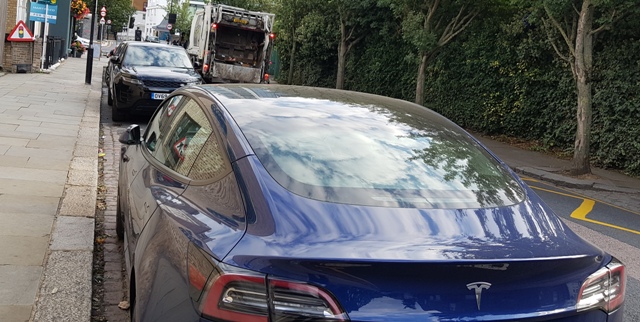
Electric cars vs petrol and diesel cars
An electric car looks like a conventional car, but its mechanics are quite different. Electric cars have an electric powertrain made up of the electric car’s motor, battery, control systems and transmission, while a conventional car’s powertrain consists of the internal combustion engine, fuel tank and transmission. Electric cars are driven by an electric motor through (usually) a single-speed transmission, while diesel and petrol cars put their power to the road through a multi-speed transmission of some description.
A diesel or petrol car’s efficiency is measured in the number of miles covered with a gallon of liquid fuel burned in the engine. An electric car’s efficiency, on the other hand, is calculated by the number of miles covers in a kilowatt hour (kWh) since its electric motor is powered by a battery pack.
Information Source: Read full article–> by: Nimisha Jain
Energy, Climate, Renewable, Wind, Biomass, Sustainability, Oil Price, LPG, Solar, Commodity, Coal, Electric Power, Energy Transition, LNG, Natural Gas, Oil,

